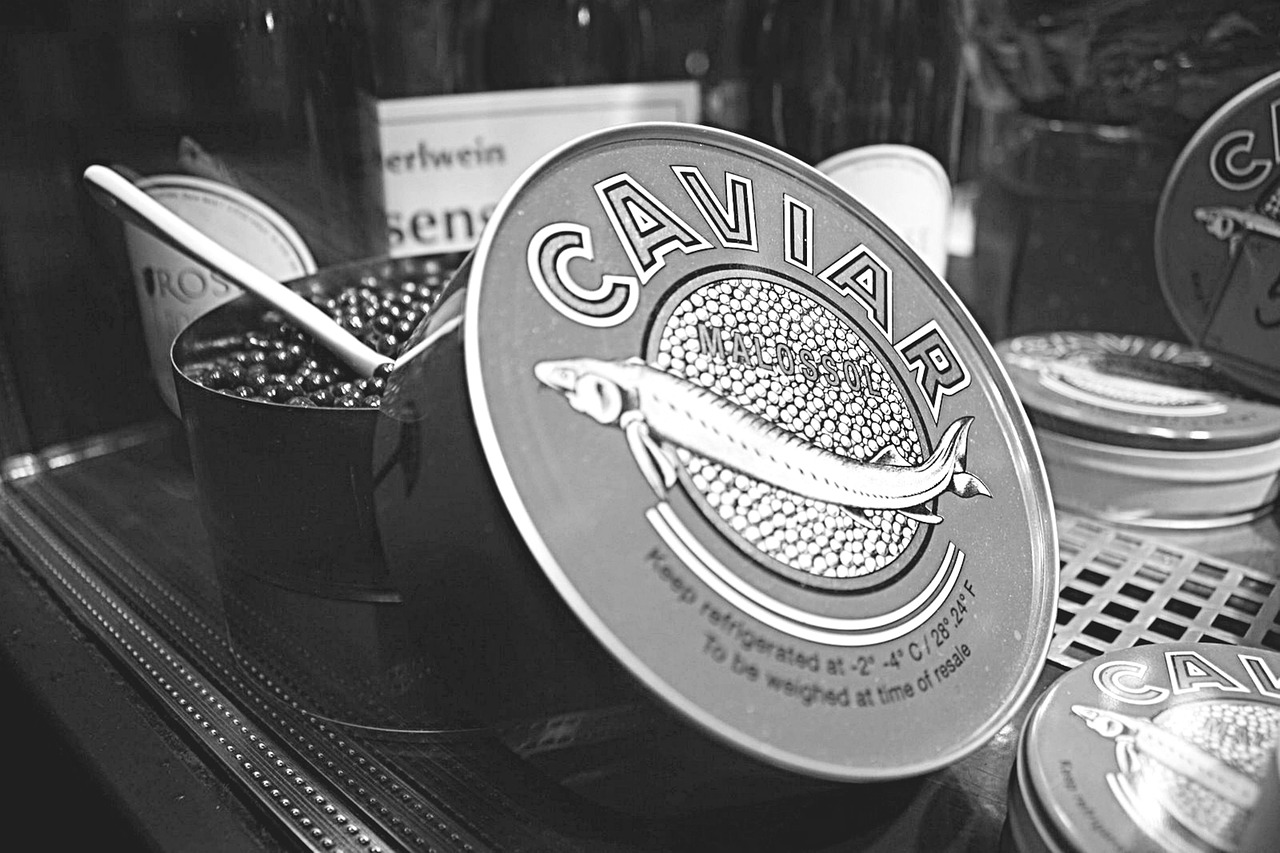Most pregnant women benefit greatly from eating osetra caviar. During pregnancy though, you will need to take some stringent measures to make sure that caviar is safe for you and your baby. Discuss your nutritional plans with your doctor early before eating anything that you have doubts about and consider their recommendations in your nutritional plans. Unless you have some serious medical condition, your doctor will likely give you the go-ahead to eat caviar as it has many health benefits.
What are the Benefits of Eating Caviar During Pregnancy?
Unless in rare cases, caviar is a big plus for both mother and baby. Here are some of the benefits of eating caviar.
1. Omega-3 Fatty Acids
At a time when your developing baby needs nourishment the most, caviar can provide the omega-3 fatty acids that doctors associate with the healthy development of the heart and brain. Omega-3 fats EPH and DHA will also help you the mother to maintain good circulation and a strong immune system throughout the pregnancy.
2. Selenium
Caviar increases the amount of selenium in your body and protects you from free radicals that increase inflammation. Free radicals are the unwanted compounds in the body that cause inflammation and lead to heart problems and cancer. By increasing the level of selenium, caviar helps keep your immune system healthy ensuring that your baby gets maximum protection from infections.
3. Vitamin B 12
If you want to avoid the risk of anemia during pregnancy, caviar is one of your best bets. Eating caviar can help increase the amount of vitamin B12, the vitamin responsible for the production of red blood cells. It can also help your body to properly use fatty acids such as omega-3 fatty acids for healthy circulation and immunity from diseases.
4. Antidepressant Effects
You will likely have more positive moods if you eat caviar during pregnancy. Caviar a natural antidepressant is great for lifting your mood when you are feeling low, something that is quite common among pregnant women. Your goal should be to prevent negative feelings especially depression throughout the pregnancy. It is the only way to ensure that you and your baby have an easier time.
Is Caviar Safe?
1. Raw Caviar
Like most foods, raw caviar is contaminated with bacteria. The bacteria is called listeria and is responsible for a dangerous infection called listeriosis that can kill people with weak immune systems. This is no reason for alarm though as some foods like milk contain even more bacteria than caviar yet pregnant women still consume them. The key is in avoiding raw caviar when you eat out. Whenever possible avoid sushi and any food that contains raw caviar.
2. Mercury
Some women worry that caviar contains a high level of mercury that could be poisonous. Yes, mercury is found in large quantities in sea animals but its level in caviar is within healthy limits. You will never consume poisonous amounts of mercury if you include caviar in your nutritional regime. Seafood with the highest amount of mercury come from predatory fish like sharks. So you should never worry about mercury when taking caviar.
How to Eat Caviar Right When Pregnant
Although raw caviar is likely contaminated with listeria, you can completely get rid of the risk of infection by doing the same things you do to prevent infection with other foods. Stay away from foods that contain raw or undercooked caviar. Buy pasteurized osetra caviar. Make sure that the label on the package clearly states that the caviar is pasteurized and check that the package has not been tampered with. Also, take small servings. Since caviar is a nutrient dense food, you don’t need to eat large quantities to leverage on its nutritional benefits.
The Bottom Line on Whether You Can Eat Caviar When Pregnant
Eating osetra caviar during pregnancy isn’t dangerous or complicated. In fact, it’s pretty easy to enjoy this delicious caviar in one of the most important phases of your life, when you perhaps need it most. But making sure that the caviar is free from contamination is the only way to make it safe for you and your unborn baby.
